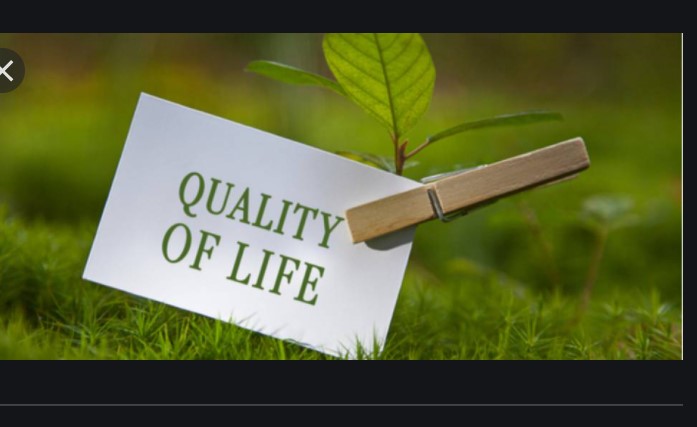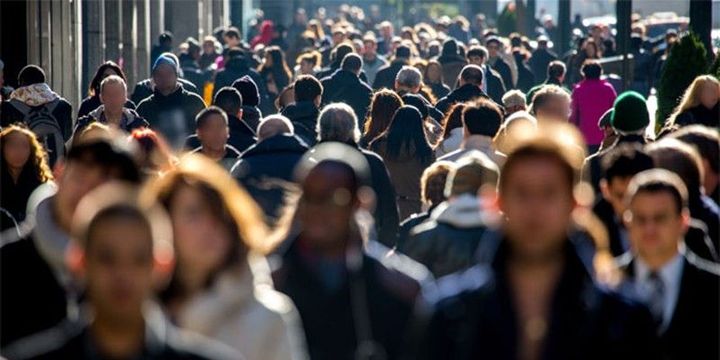Brookings: Making well-being a policy priority: Lessons from the 2021 World Happiness Report
 qualitty-life
qualitty-life
What began as a roving conversation about the role of happiness in policy among a group of visiting academics (which I was lucky to be a part of) in Bhutan in 2010 has become a widely used tool that tracks the emotional “temperature” of societies around the world (and individual life satisfaction)—every year. Citizens in 162 countries can explore where their country ranks and the driving factors. Released one year after the COVID-19 lockdowns began, the 2021 World Happiness Report encompasses a monumental year in terms of happiness.
While the findings of the report are wide-ranging, three lessons stand out for improving societal well-being—and sustainable economies—going forward.
- Mental health has declined—especially among the most vulnerable
- Greater trust in others and institutions is linked to higher well-being
- Worker well-being is linked to labor market protections and social safety nets



